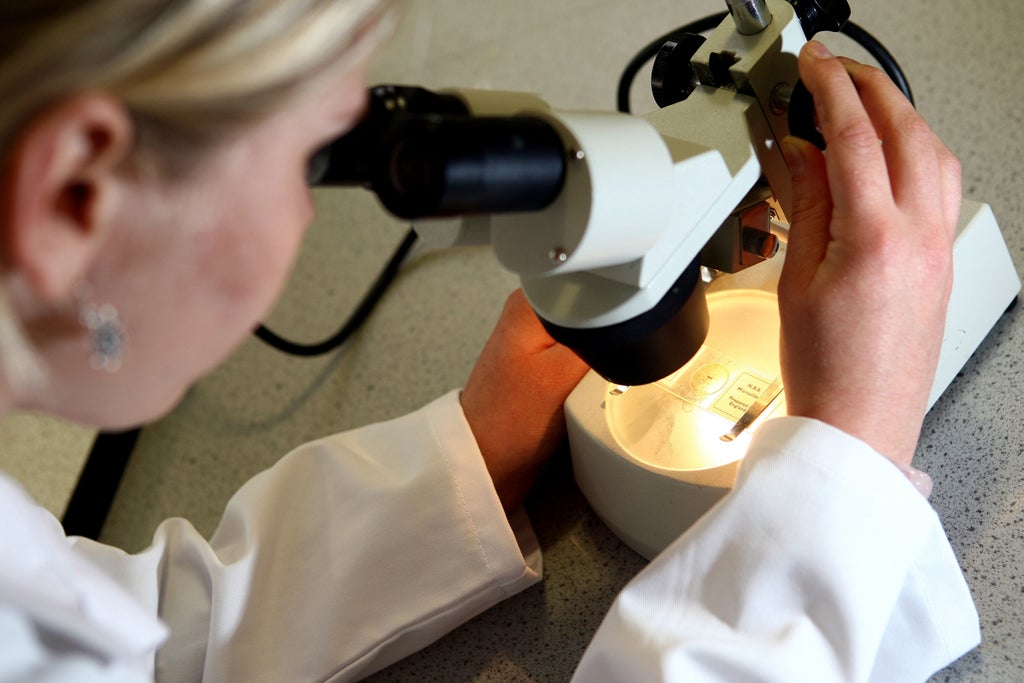
At least 111 cases of sudden hepatitis in children have now been identified in Britain, doctors have revealed amid “increasing” evidence the problem is linked to adenoviruses.
The UK Health Security Agency said it cannot rule out other possible causes such as Covid, which it is also investigating, but that an adenovirus has been identified in 40 out of the 53 cases so far tested.
In Britain, cases have reached 81 in England, 14 in Scotland, 11 in Wales and five in Northern Ireland, with the majority of patients under five years old.
No children in the UK have died, it was confirmed, after the World Health Organisation said there had been 169 cases globally with at least one child who had died from the illness.
Eleven children have so far required a “super urgent” liver transplant within the past three months due to the virus.
It represents a surge in transplant need in Britain, where there are usually fewer than 80 children’s liver transplants each year.
The UK Health Agency’s lead investigator into the rise in cases, Dr Meera Chand, said that lockdown restrictions preventing young children being exposed to the virus could be a factor in why it is hitting them the hardest.
She said there was a “susceptibility factor – so lack of prior exposure of that particular age group during the formative stages that they’ve gone through during the pandemic”.
Adenoviruses are a family of common viruses that cause a mild range of illnesses such as colds, vomiting and diarrhea. They are common in children and usually don’t cause hepatitis but it can be a rare complication of some types.
Officials are investigating whether there is a cofactor affecting young children that is causing normal adenovirus infections to be more severe or triggering a specific immune response. This includes increased susceptibility due to lack of prior exposure to the viruses, a prior or a current Covid infection.
Of the cases, 16 per cent of children had tested positive for Covid-19 from January to April. However, this was during a period when prevalence was high, experts have indicated. No link to Covid vaccines have been identified and none of the children under 10 had been vaccinated.
Experts are examining any individual medical conditions which could be linked, however none have been identified so far.
Dr Chand, who is director of clinical and emerging infections at UKHSA, said: “Information gathered through our investigations increasingly suggests that this rise in sudden onset hepatitis in children is linked to adenovirus infection. However, we are thoroughly investigating other potential causes.
“Parents and guardians should be alert to the signs of hepatitis (including jaundice) and to contact a healthcare professional if they are concerned. Normal hygiene measures such as thorough handwashing (including supervising children) and good thorough respiratory hygiene help to reduce the spread of many common infections, including adenoviruses. Children experiencing symptoms of a gastrointestinal infection, such as vomiting and diarrhea, should stay at home and not return to school or nursery until 48 hours after the symptoms have stopped.”
The symptoms of hepatitis include yellowing of the white part of the eyes or skin (jaundice), dark urine, pale, grey-coloured poo, itchy skin, muscle and joint pain, a high temperature, feeling and being sick, feeling unusually tired all the time, loss of appetite and tummy pain.







